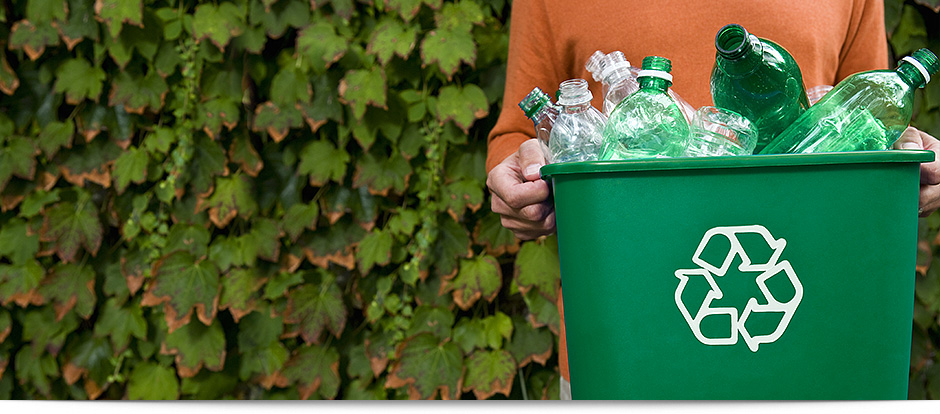In October 2009, the Canadian Council of Ministers of the Environment (CCME) approved a Canada-wide Action Plan for Extended Producer Responsibility (EPR). EPR is an environmental policy approach in which a producer’s responsibility for a product is extended to the post-consumer stage of that product’s lifecycle. EPR had visibility on Day 2 of SPC Advance in Charlotte, where an invigorating panel of experts on Canadian EPR discussed the latest developments across Canada and the efforts in one Province to evolve resource recovery under EPR.
Canada is a global leader in EPR, with many of Canada’s 10 provinces and territories already on-board with an established EPR program or working to transition municipally-led programs into full EPR programs. Participating provinces distribute responsibility between industry or municipality in various ways. For example, Manitoba has had an 80/20 shared responsibility between industry and municipality, respectively, since 2010. In 2014, industry producers took on 100% responsibility for packaging and printed paper waste diversion across British Columbia.
At the conference, one of the key quotes from the panel came from Al Metauro, President & CEO of Cascades Recovery, Inc. “Doing the same things and expecting the same outcomes is insanity”, referring to waste management approaches that underperform in meeting the recovery needs of the changing waste stream. Packaging formats have drastically changed in the past 10 years, and often the new packaging formats are difficult to capture with machinery and systems designed for waste streams of the past. In British Columbia, the aim has become re-engineering the recovery system with EPR as a catalyst for progress benefiting industries, municipalities, and consumers.
Successful EPR in British Columbia involves a key partnership between Multi-Material BC (MMBC), the non-profit organization managing the Province’s residential recycling program, and Green by Nature (GBN), the group contracted to manage the entire post-collection system for the Province. Funded entirely by industry, MMBC services 1.24 million homes and multi-family dwellings, operates over 200 recycling depots and drop-off locations, and introduces curbside recycling programs to more and more communities across British Columbia. While MMBC still faces the tough realities confronting material recoverers and recyclers across the world — such as volatile commodity markets and pressure to keep stewardship fees stable -— the transition to industry-led packaging and paper product recovery has proven successful and worthwhile in other ways. People are often uneasy of change, but MMBC has seen nearly 75% of residents stating that the new system either meets or exceeds their expectations, with many believing that it’s improved. High approval ratings and resident satisfaction are reflected in their diversion figures, with about 116,000 tonnes collected within the first 7.5 months of operation in 2014. Notably, this includes expanded polystyrene, which is widely unrecyclable in the United States.
Partnering with MMBC who collects the materials from curbside or drop-off locations, GBN re-engineers the systems and optimizes data to better inform industry partners. By tracking data on recovered materials, GBN is positioned to work with supply chain partners (such as brand owners) to understand if their products are recovered, to identify areas for improvements, and to facilitate productive conversations.
By seizing the opportunity to re-engineer and redesign recovery systems on a Province-wide scale, the collaboration between MMBC and GNB demonstrates the success and potential of EPR to not only recover more, but to transform the way we approach brand owners and packaging companies as invaluable partners rather than wrongdoers at fault. Thus far, the partnership in British Columbia is successful with an 80% diversion rate that exceeded the required Provincial recovery rate by 5% in its first year of operation.
Perhaps what we at the Sustainable Packaging Coalition need to do is expand our alphabet soup acronyms and consider EPR to mean Every Package Recycled.
Re-Thinking Acronyms: A Look At EPR In Canada


